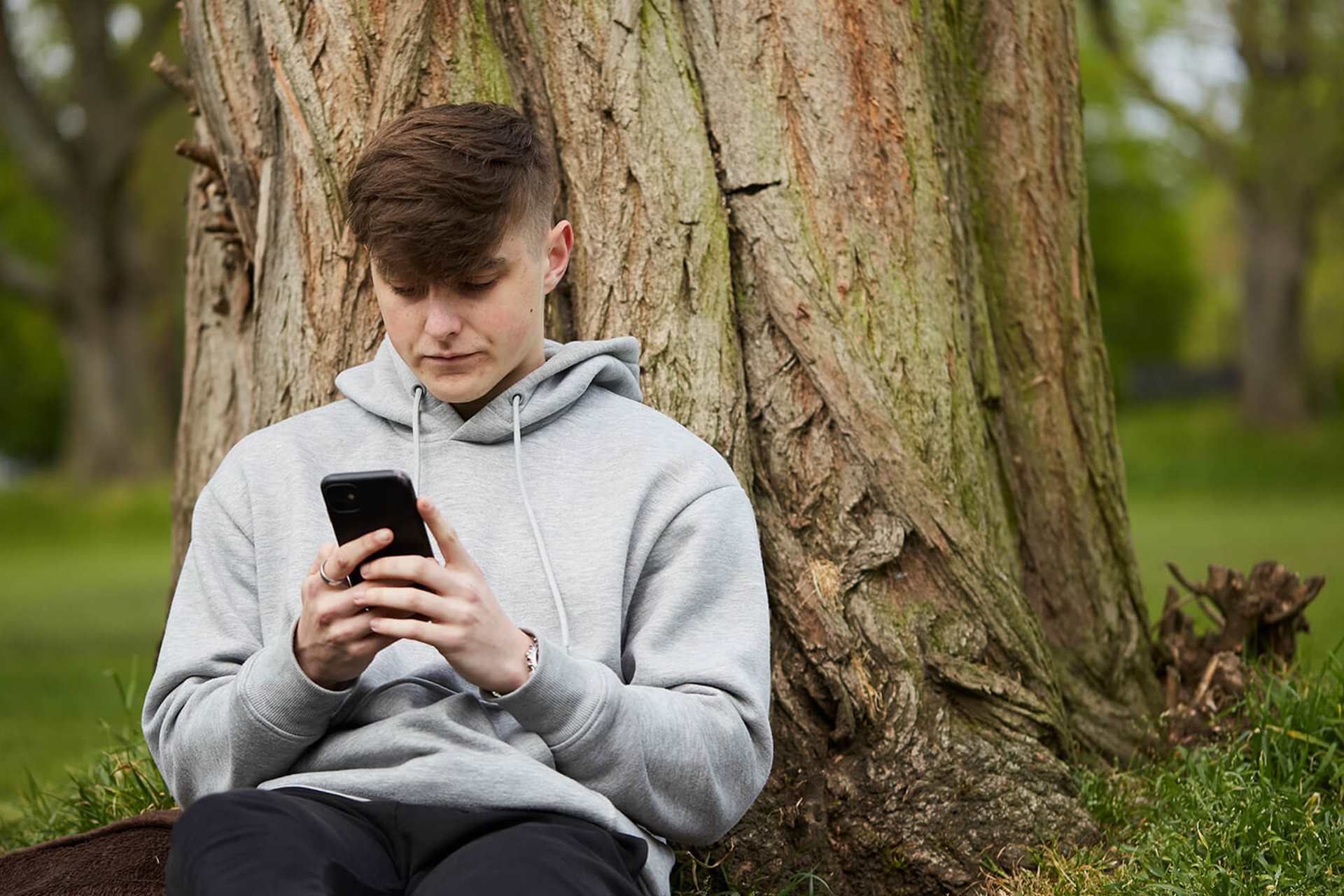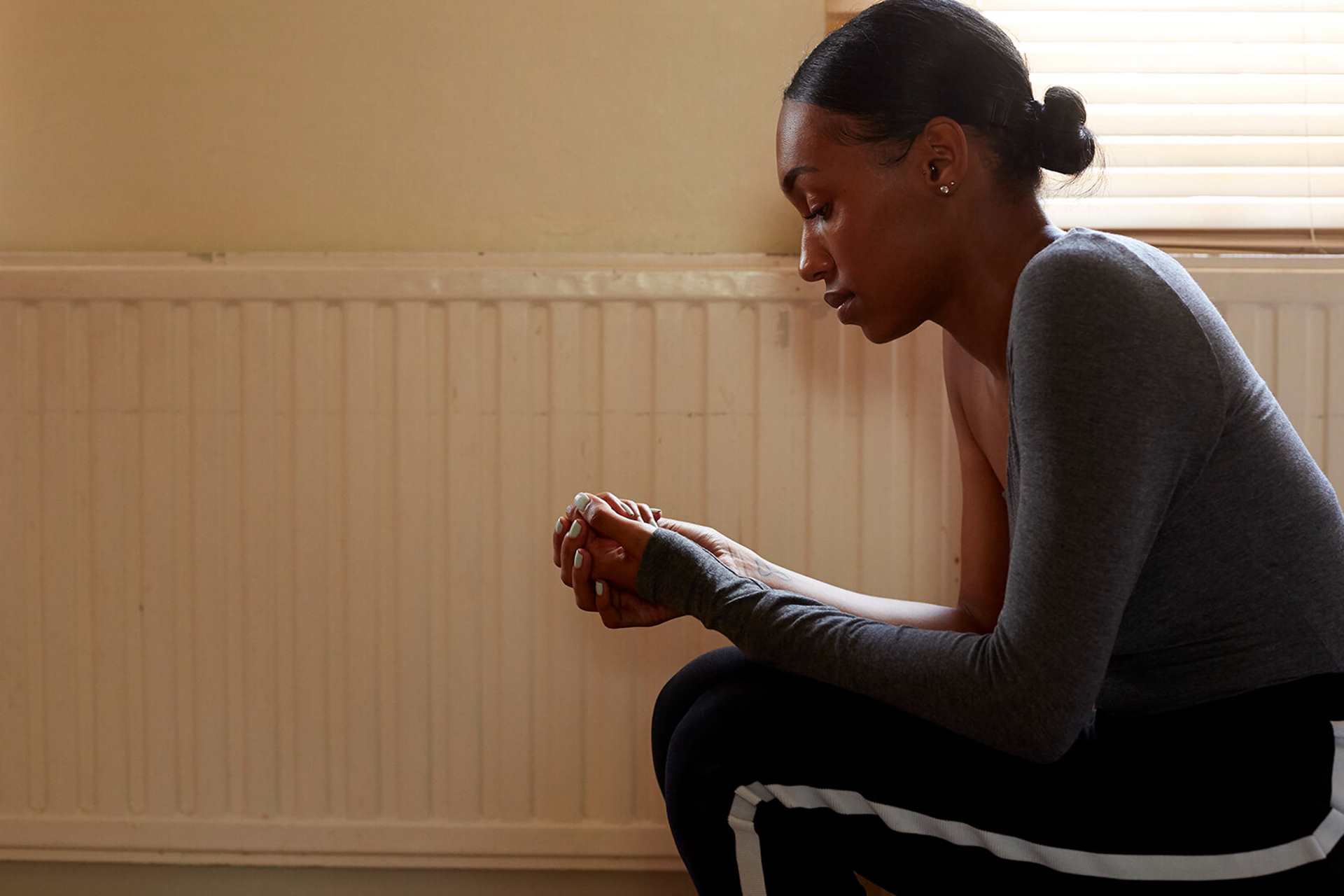Topics mentioned: self-care, reaching out for help
About: Sometimes, it can be difficult to recognise when we are struggling with our mental health. Lauren shares her experience of signs that made her realise she was struggling and how she looked after herself.
Knowing when you are struggling with your mental health is often a lot easier said than done. Sometimes we experience symptoms and signs that our body is trying to tell us something, but we don’t know what that something is.
Sometimes we experience symptoms and signs that our body is trying to tell us something, but we don’t know what that something is.
Some common signs that you may be struggling with your mental health include: poor quality sleep and/or sleeping too little or too much, a decrease in motivation, isolating yourself from your friends and family, inability to concentrate, or generally just not feeling good within yourself.
Experiencing one of these symptoms does not necessarily mean you’re struggling with your mental health, as we all experience changes in mood. But if one or more of these symptoms lasts for a while, it can be a good idea to seek help. For example, a change in your sleeping patterns and quality may simply mean that you are going through a period of stress in your life or you are worried about something. Both of these things are entirely normal. However, if this carries on over a longer period of two weeks or so, this may be a sign that you are experiencing more serious stress and anxiety which needs further support.
Experiencing one of these symptoms does not necessarily mean you’re struggling with your mental health, as we all experience changes in mood.
A while ago, I went through a period where I was incredibly tired all the time, even though I got a good amount of sleep. I’d wake up tired and for the rest of the day I’d feel very drained, which affected my university work and social life. It took me a while to realise that being constantly tired and drained actually meant that I was struggling with my mental health, and this needed to be addressed. This is important because what sometimes seems like a normal thing to be experiencing can be your body’s way of letting you know you’re struggling.
When I was feeling tired and drained constantly, it was only when I noticed that I was also experiencing a lack of motivation and enjoyment in usual activities that I thought to myself that I may be struggling with my mental health. Without noticing these things or piecing each symptom and sign together, I may not have got the appropriate support. When we struggle with our mental health, it may not always come with floods of tears; sometimes it can creep up on us and manifest in more subtle signs.
When we struggle with our mental health, it may not always come with floods of tears; sometimes it can creep up on us and manifest in more subtle signs.
That’s why it is extremely important to check in with ourselves regularly, so we are able to notice any changes in our body and mind. Even if we think what we are experiencing is normal, please don’t ever feel like anything is too small to speak to someone about.
But remember, only you know your own body and mind, so when something doesn’t feel right, even if you are unsure what it is, reach out. Reach out to friends, family, professional services, charities, or whoever you feel comfortable speaking to for support. Nobody should struggle with their mental health alone, and, more often than not, somebody you know has experienced a similar struggle at some point. You are not alone.
But remember, only you know your own body and mind, so when something doesn’t feel right, even if you are unsure what it is, reach out.
More information and advice
We have tips and advice to help you find the support you need. Take a look at our guides.
Where to get help
However you're feeling, there are people who can help you if you are struggling. Here are some services that can support you.
-
Childline
If you’re under 19 you can confidentially call, chat online or email about any problem big or small.
Sign up for a free Childline locker (real name or email address not needed) to use their free 1-2-1 counsellor chat and email support service.
Can provide a BSL interpreter if you are deaf or hearing-impaired.
Hosts online message boards where you can share your experiences, have fun and get support from other young people in similar situations.
- Opening times:
- 24/7
-
Samaritans
Whatever you're going through, you can contact the Samaritans for support. N.B. This is a listening service and does not offer advice or intervention.
- Opening times:
- 24/7






